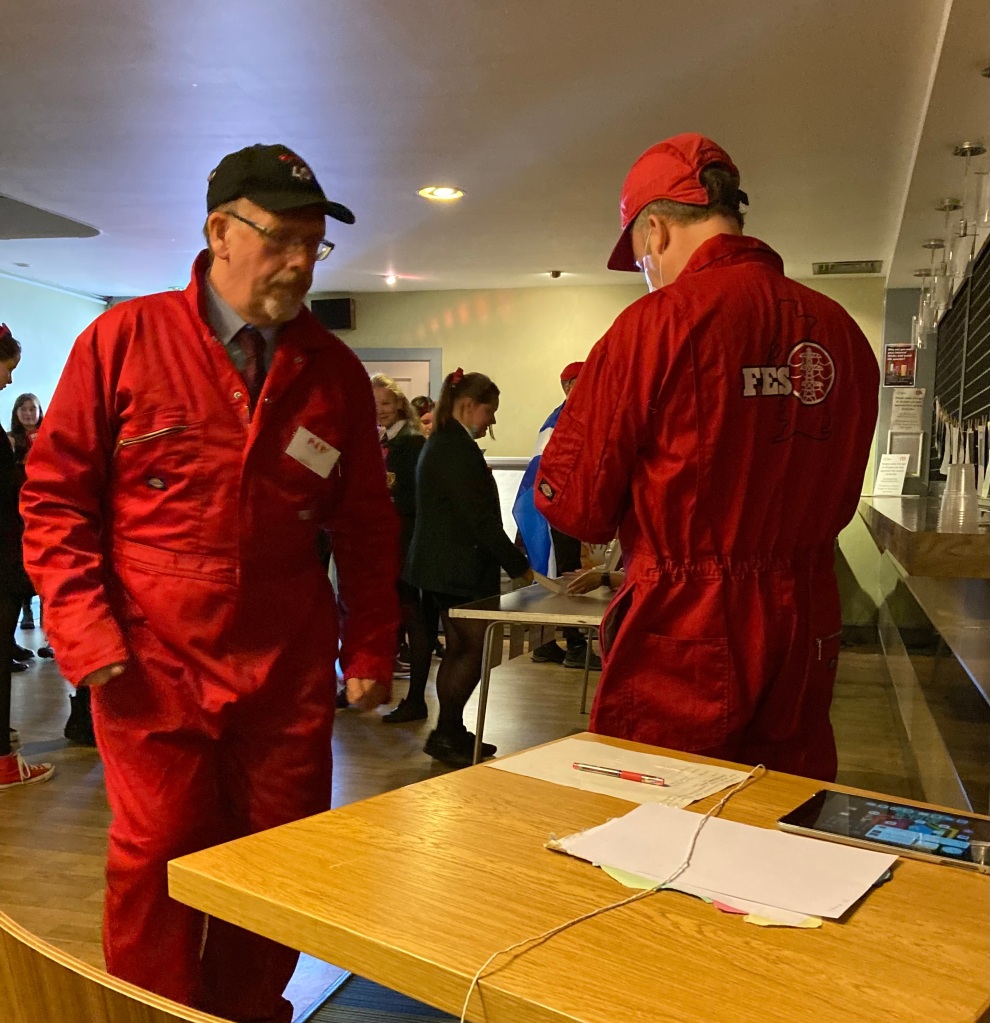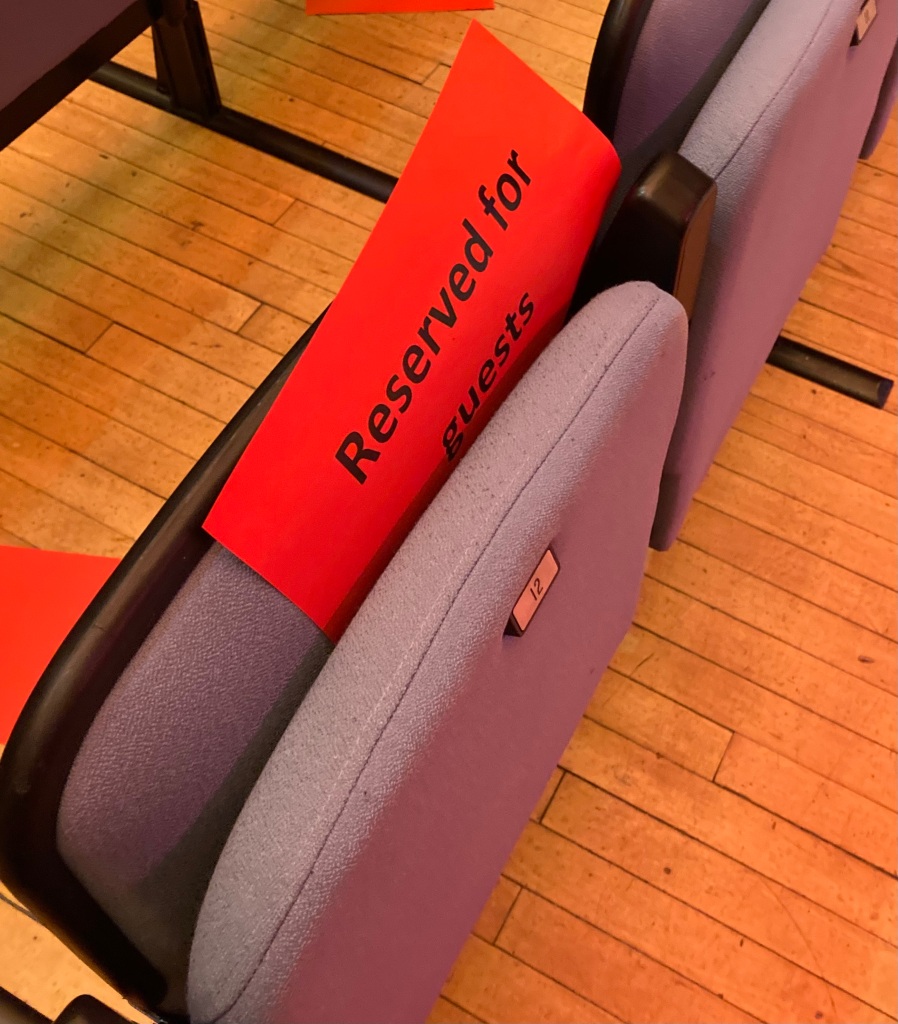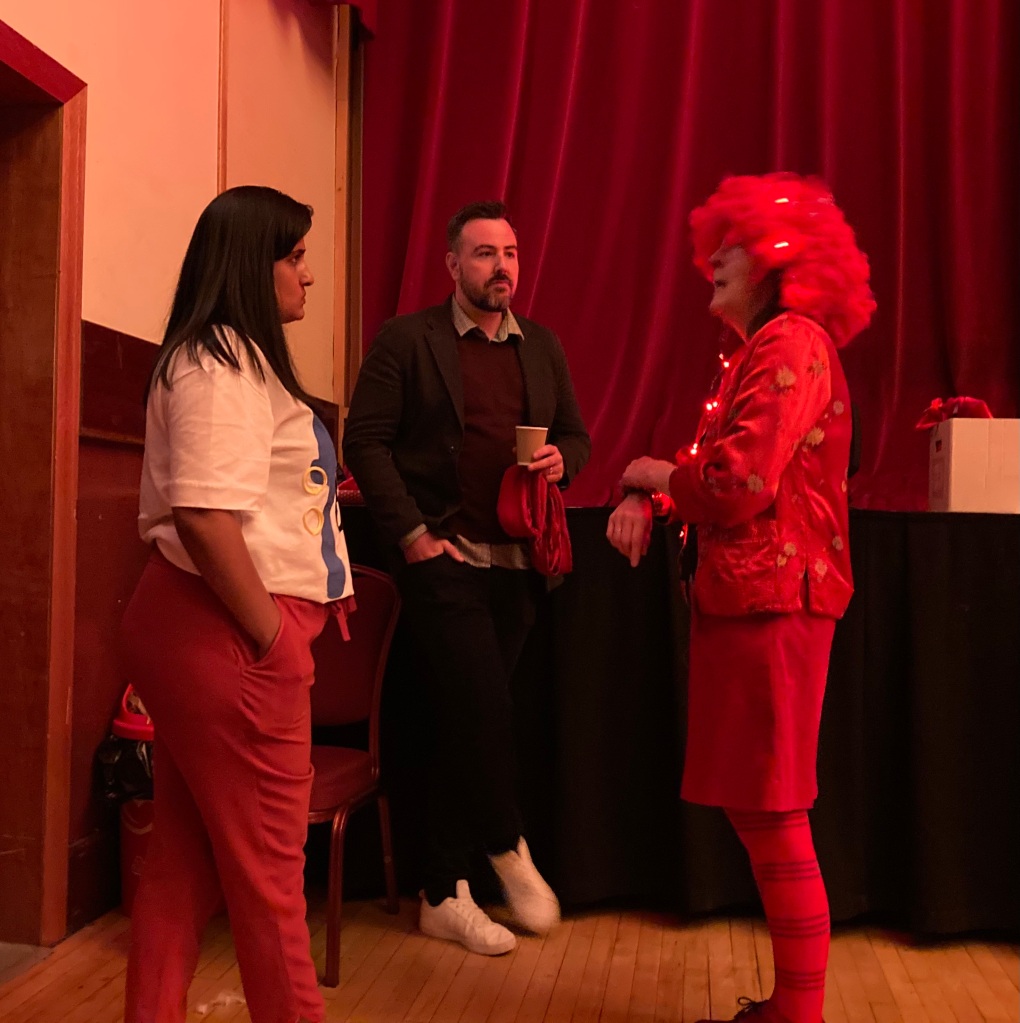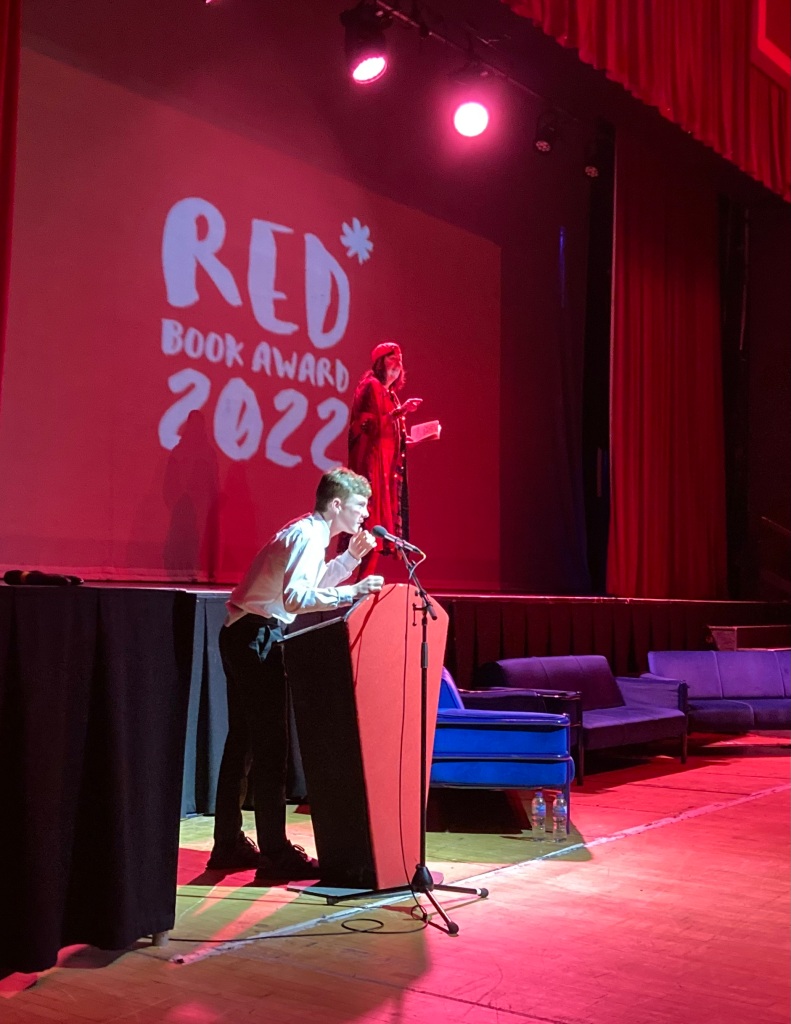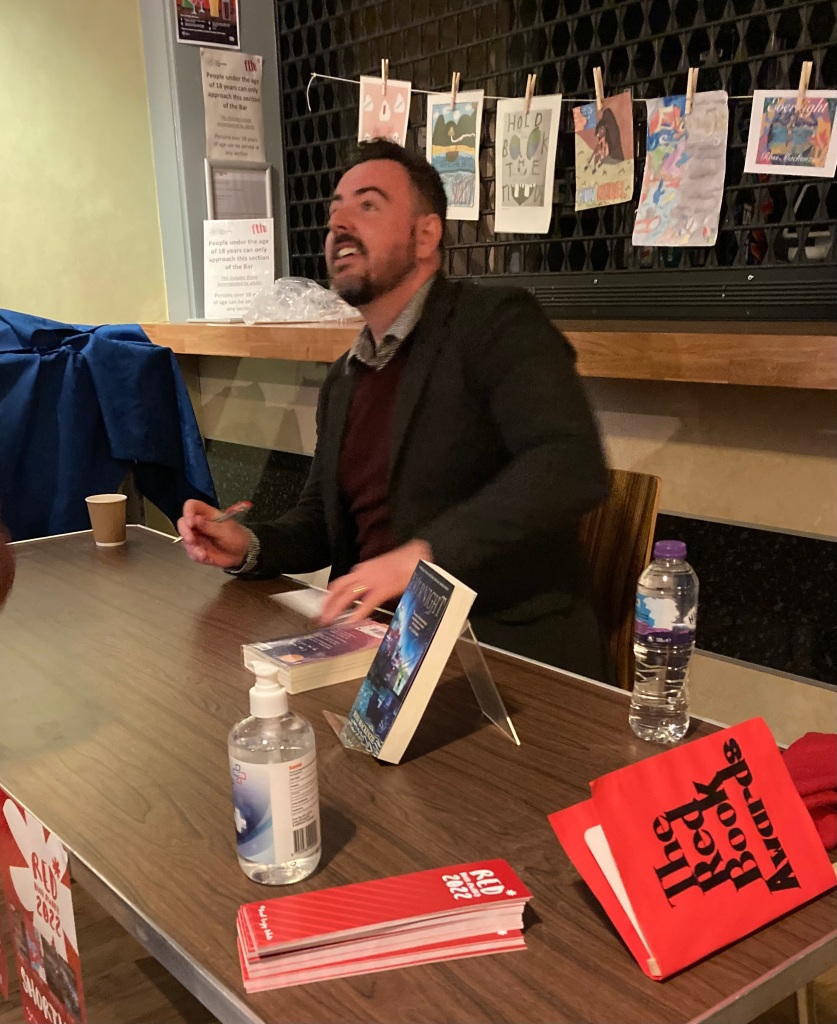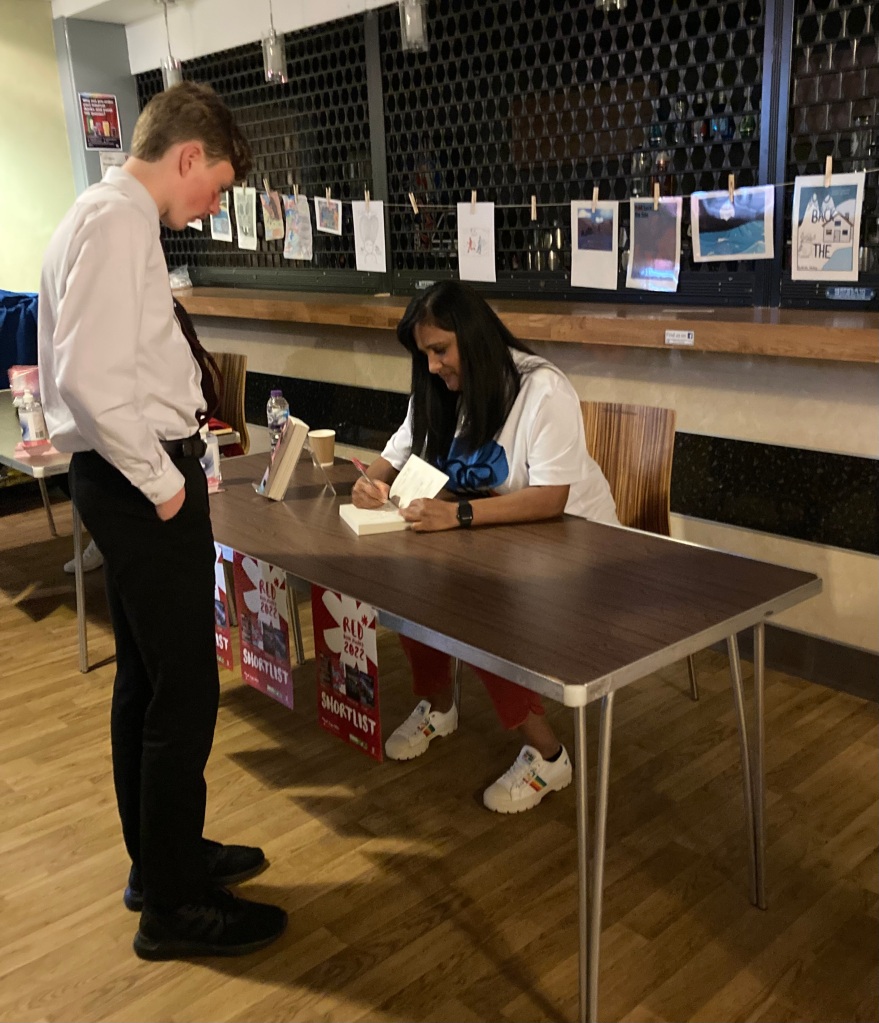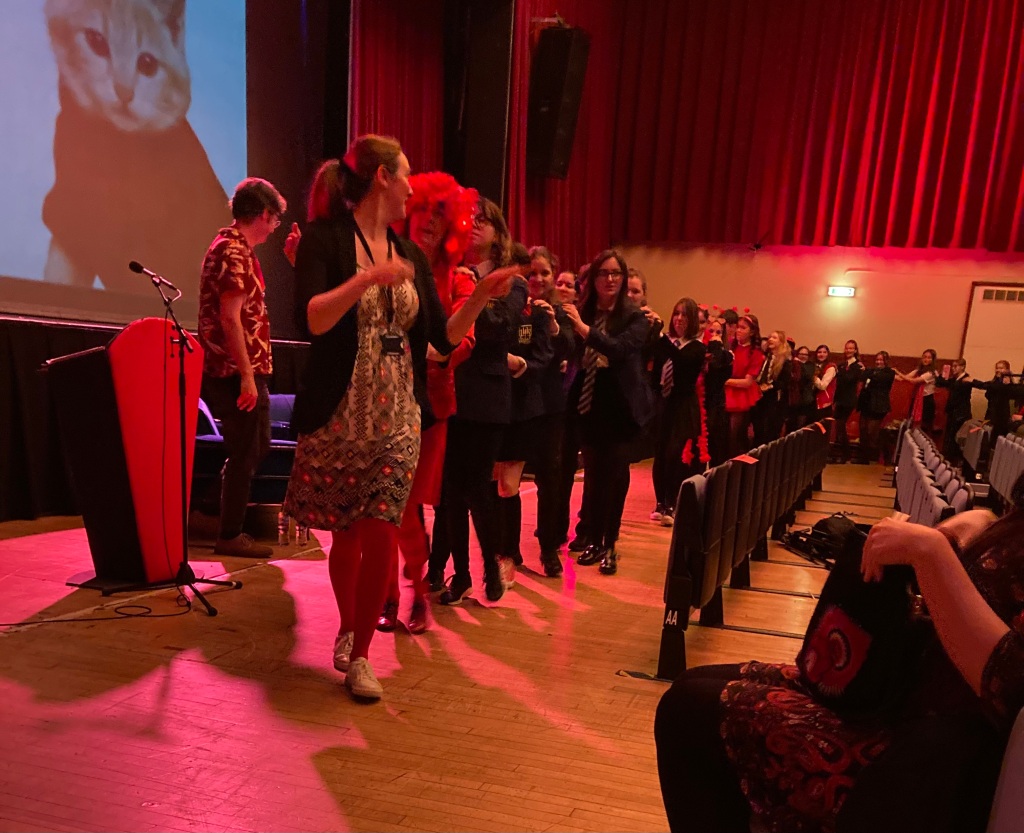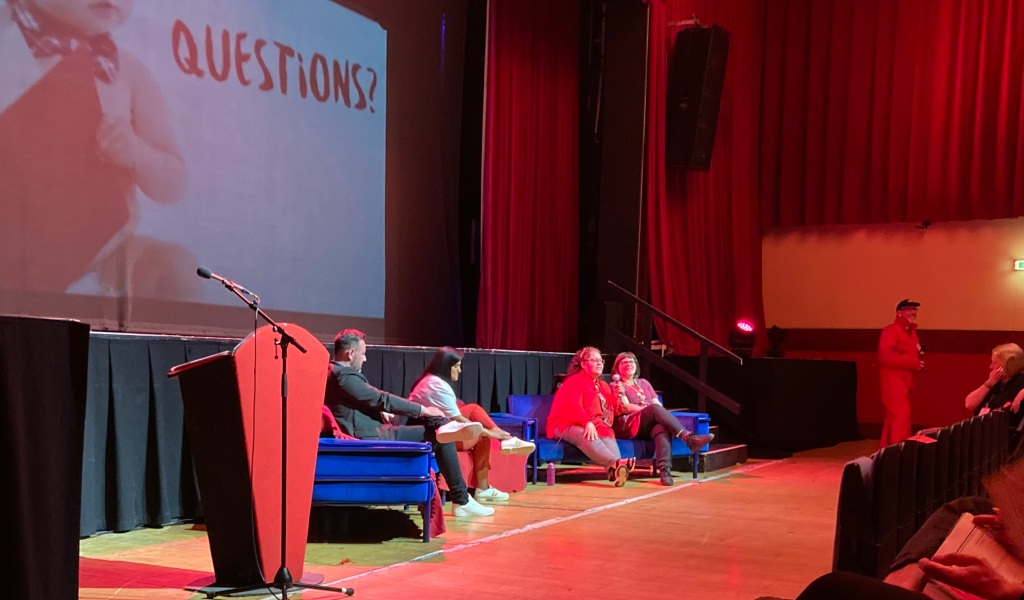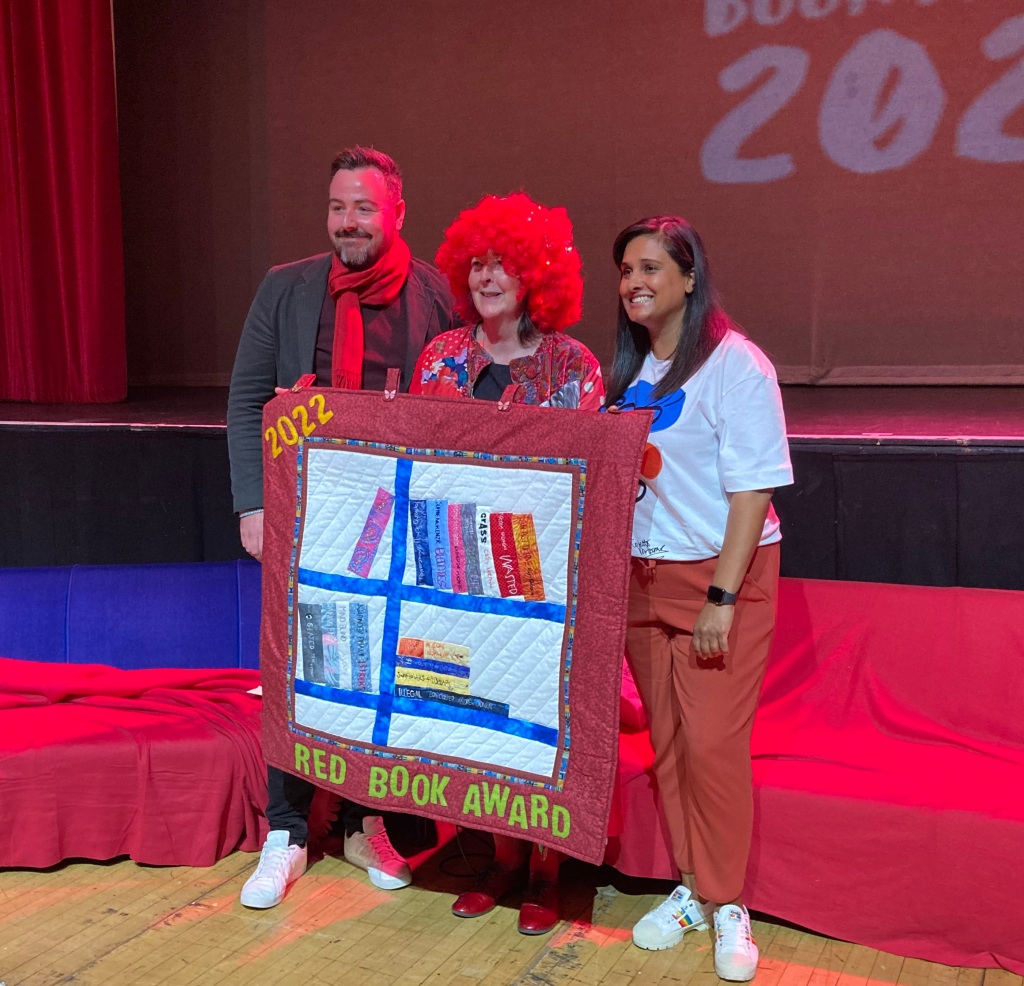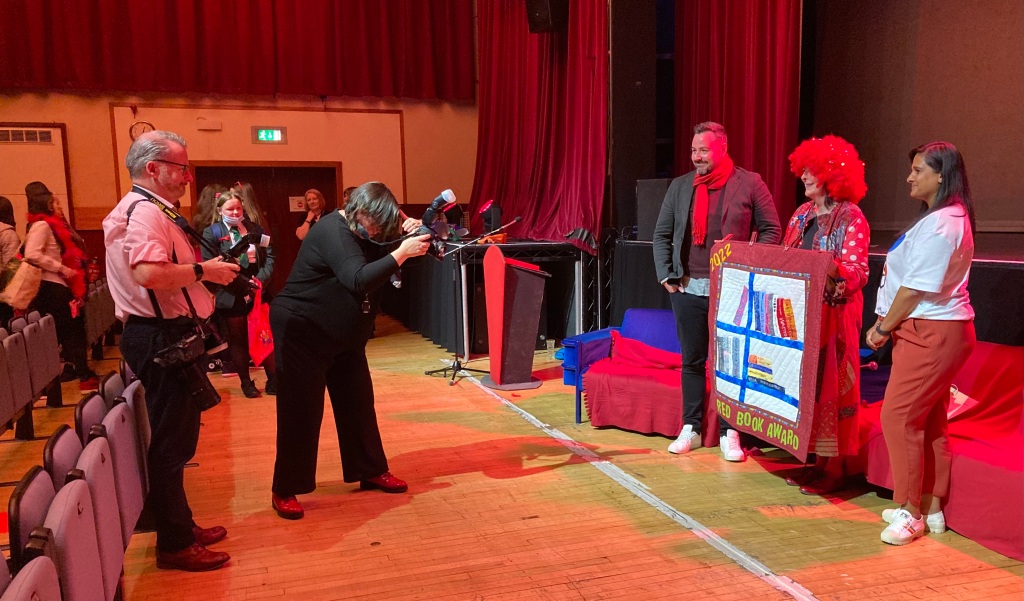It’s Jacobite blog tour time! Here’s Barbara Henderson with some Outlanderish thoughts:
‘The Americans are back’, my husband remarked drily on his return from Inverness High Street, ten minutes away from our home. Don’t get the wrong impression – this was no disapproving comment. It was dry humour, tinged with relief. He might as well have said ‘Things are finally getting back to normal’.
The devastating effect of the pandemic on international tourism in our area had been acutely felt, particularly as a certain franchise had previously supercharged the tourist economy in these parts. A book, film and fandom feat like no other (perhaps Harry Potter aside).
Can you hear it? The distant and mournful version of the Skye Boat Song, now a major theme tune? I am (of course!) talking about Outlander, Diana Gabaldon’s epic time travel romance which features the Highlands during the Jacobite rebellion of 1745.

Why do some things catch on while others do not? I often find myself bemused by what hits the popularity jackpot. But speaking as an interested observer rather than an Outlander superfan, I can absolutely see the appeal here: standing stones and ancient cairns, a doomed cause, heroism and healing – it’s a compelling mix. As the phenomenon grew, the Highlands changed all around me. Tourist gift shops began to replace their usual stock with Outlander merchandise. Busloads and busloads of Outlander themed tours arrived at key locations like Culloden Battlefield. Fans found each other, both online and in person. Gaelic-learning became fashionable again, and consultant herbalists and craftspeople were hired for the television series. From time to time, adverts for extras would appear in the local papers. I recently attended a creative industries conference. Half a day was given over to figuring it out: How can we as artists and writers and heritage professionals tap into the Outlander Effect? It’s the million-dollar question! That way profit lies.

As a children’s writer, I was well aware of Gabaldon’s books and the huge success of the television series. However, I thought all this had very little to do with me. When I was lucky enough to be published for the first time with my Highland Clearances novel Fir for Luck, I realised: It had everything to do with me.
Let me introduce you to the InverOutlanders, a local Outlander fan organisation. Full of likeable ladies, I have grown very fond of the group. They have been wonderfully supportive of me and of other writers, too. After all, they have already read every word that Gabaldon has written – and they are interested in more Scottish history of that time period. Fiction, non-fiction, it doesn’t seem to matter. It certainly didn’t seem to matter that mine was a children’s book – Scottish history, a time of peril – tell us no more, we’re in!
I began to see them at some of my events. When my own Jacobite novel was ready to submit to publishers, I didn’t have to explain to the publishing world what this Jacobite rebellion was. They already knew. I began to pitch the novel as ‘Outlander for kids’ which was a convenient shortcut to what the book was about.
When The Reluctant Rebel was published on 18th May, the InverOutlanders were first to the microphone, shouting to their 14.6k followers about my book. I can never thank them enough.
I don’t know if I’ll ever meet Diana Gabaldon in real life. But if I do, I am determined to thank her for creating millions of readers who are now interested in Scottish history, culture and heritage. She didn’t mean to, but in some small way, the author of the mighty Outlander series has put my books on the map too.



